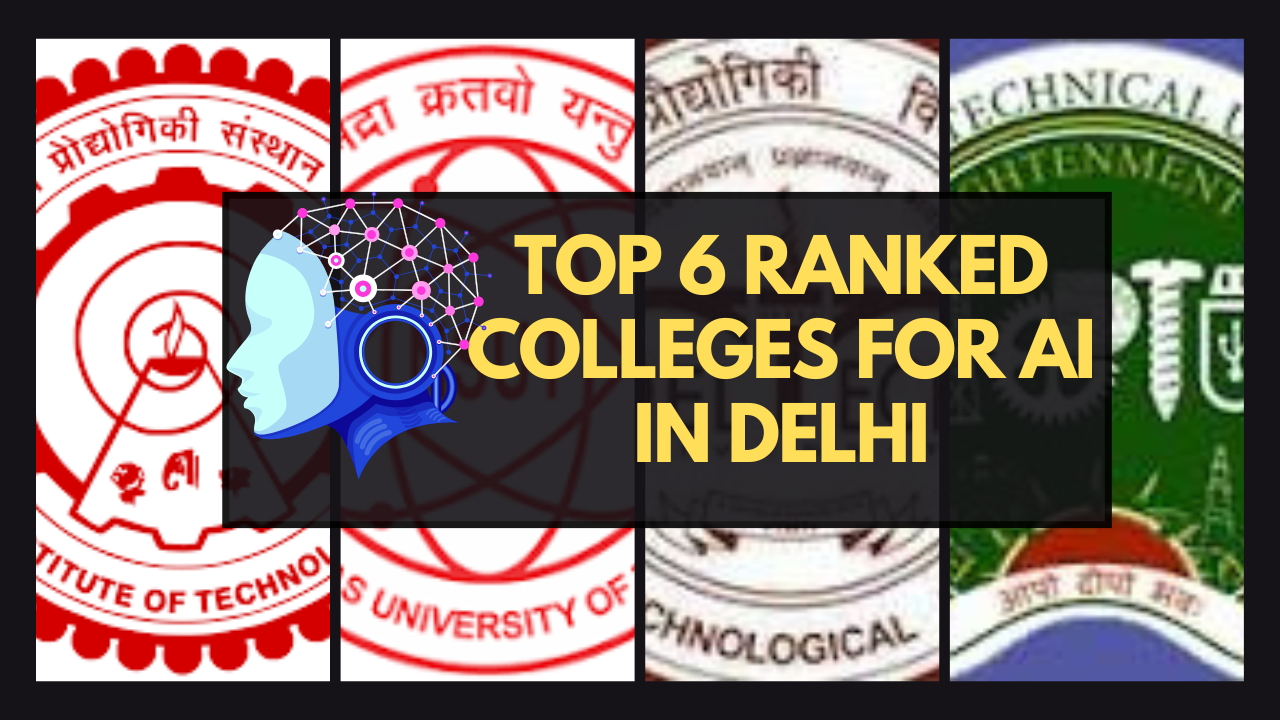Taranum Anand
Get Real Experts on your side
Before venturing to seek career counseling, answer a few basic questions so we can connect you with our best expert counselor for personalised guidance and mentorship.




Taranum Anand
06/03/2025
If you are planning to start your journey in legal education in India, which is the best decision that will take your career with far-reaching implications?
This legal education in India offers various choices such as Undergraduate (BA LLB and B.Tech LLB ) to postgraduate(LLM and PhD in Law).But there must be a question arising in your mind about which right Law course you must take. So it includes various questions such as college accreditation, specialization options, curriculum, placement records, and even the location or area of the institution.
So, in this comprehensive guide, we will take you on a journey
to explore various key considerations and opportunities that will answer all
doubts of aspiring legal minds for the right Law degree. So now let's welcome
you to the world of law, meeting limitless possibilities!!
Types of Different Law
Degrees
So, to understand properly, we have listed some of the different
types of Law Degrees, which are
categorized into two categories: Undergraduate and Postgraduate Levels.
Undergraduate Level Law
Degree
1. BA LLB: Bachelor of
Arts + Bachelor of Laws
In this course, you would be learning law education, which
explains art with legal studies with the help of problem-solving skills &
communication & other technical & practical knowledge.
2. BBA LLB: Bachelor of
Business Administration + Bachelor of Laws
This law degree basically focuses on developing problem skills
for legal matters in business to make them prepare for future corporate law.
3. B.Sc LLB: Bachelor
of Science + Bachelor of Laws
In this law degree it focuses on scientific matters such as
biology, chemistry, or physics for those students who are interested in
Intellectual property law or Environmental law.
4. B.Com LLB: Bachelor
of Commerce + Bachelor of Laws
This type of undergraduate law degree involves subjects such as
finance, accounting, and management for those students who want to become
corporate law, taxation, or commercial law.
5. B.Tech LLB: Bachelor
of Technology + Bachelor of Laws
This course, it involves all technology-related matters with the
law, such as it patents or cyber law.
Postgraduate Level Law
Degree
1. LLB (Bachelor of
Laws)
It explains in-depth knowledge of legal principles or systems.
2. LLM (Master of Laws)
This course provides advanced knowledge of law that includes
some of the specialized areas of law to make them experts in a specific field.
3. PG Diploma in Law
Although it takes less time, this short-term course also imparts
information in pertinent legal fields.
4. PhD in Law
It is the highest degree of law that includes research &
dissertation work on specialized legal areas. This area is suitable for those
who want to start their career in academia or want to work as a professor &
want to share the law knowledge with others.

Factors to consider
when choosing a Law Degree in India
There are several factors one must considered while choosing
Right law degree in India that will result in educational experiences &
future career goals.
1. Accreditation and
Ranking
Whenever you are choosing for right law degree, the first step
you must take is to look for university accreditation by the Bar Council of
India, which is well-ranked in national and international assessments.
2. Specialization
Options
You must also look for specialization offered by law colleges by
choosing those courses in which you have an interest & want to set your
future goals, like corporate law, criminal law, international law, or any other
area of specialization.
3. Curriculum
The next step is to look for the latest curriculum &
teaching methodology that provides both theoretical & practical skills for
holistic development.
4. Placement Record
The next step is to review its placement record, which includes
a university-wide network with types of firms & organizations that will
place students in the top branded law companies as it will open promising
career opportunities for you.
5. Location
The next factor one should consider while choosing the right law
degree is where is the location of the campus.
|
Undergraduate
Programs |
Post Graduate
Programs |
Admission Process for
Law Degrees in India
If we talk about the admission procedure for a law degree in
India, then you must follow the following steps:
1. Registration
The first step is to visit the official website & get
registration for law degree Exams such as CLAT, AILET, LSAT, or any other
exams.
2. Filling out the form
After getting registered for the law degree exam, then the next
step is to fill out the application form. The form must include personal
details, academic qualifications, and other required information.
3. Uploading Documents
The next step is to upload the relevant documents to show
students authenticity like educational certificates, identity proof, and
photographs.
4. Fees Payment
The next step is to pay the fees for the law degree course
either through online or offline mode.
5. Submission of Form
After completing the above steps, the last step is to submit the
form.
6. Tracking Application
Form
After submitting the application form, make a track record of
important details like interview, exam, and application submission; admit card
& result to get a smooth functioning of admission to Law University.

Career Pathways after
Obtaining a Law Degree in India
If you start your career with a law degree in India, there are
various career opportunities you can get after pursuing a law degree. Some of
them are given below:
1. Advocates
You can become an advocate after doing a Law degree as it plays
an important role as an individual or organization in legal matters. Its duties
include providing legal advice, preparing legal documents, representing clients
in court, & some other responsibilities.
2. Judicial Services
After pursuing a law degree, one can also enter the Judicial
Services Department of India, which basically requires a law degree & wants
to clear the Judicial Services Commission Exam.
3. Legal Consultancy
One can also enter a Legal consultancy department that provides
expert advice on legal matters to businesses, corporate, or any person. They
can help them to solve the legal issues & can also help them to prepare
legal documents & can also help in solving compliance with laws.
You can also become specialized in this field by entering into
relevant departments such as Corporate, Employment, Real estate law, Litigation
support & many more.
Conclusion
We can conclude by saying that selecting the right law degree in India requires careful consideration of various factors that have been mentioned in this blog, such as placement, specialization, curriculum, etc. However, a well-informed choice can give you fruitful career opportunities such as advocate, legal consultant & many more.
By reading this blog, you must have gained some knowledge that will change your future career goals & you will share our blog with your loved ones.








.png)











.jpg)


.jpg)




.png)







.png)

.png)




.png)

.png)
.png)



.png)

.png)


.png)

.png)


.png)

.png)

.png)
.png)

 (1).png)



.png)

.png)
.png)


.png)


.png)


.png)

.png)







.png)





.png)


.png)














.png)













.png)




.jpg)






.png)




.png)


.png)
.png)
.png)
.jpg)



.png)


.png)
.png)
.png)



.png)











.png)
.png)



.png)


.png)
.png)


.jpg)







.jpg)









.jpg)





.png)


.jpg)



Before venturing to seek career counseling, answer a few basic questions so we can connect you with our best expert counselor for personalised guidance and mentorship.
